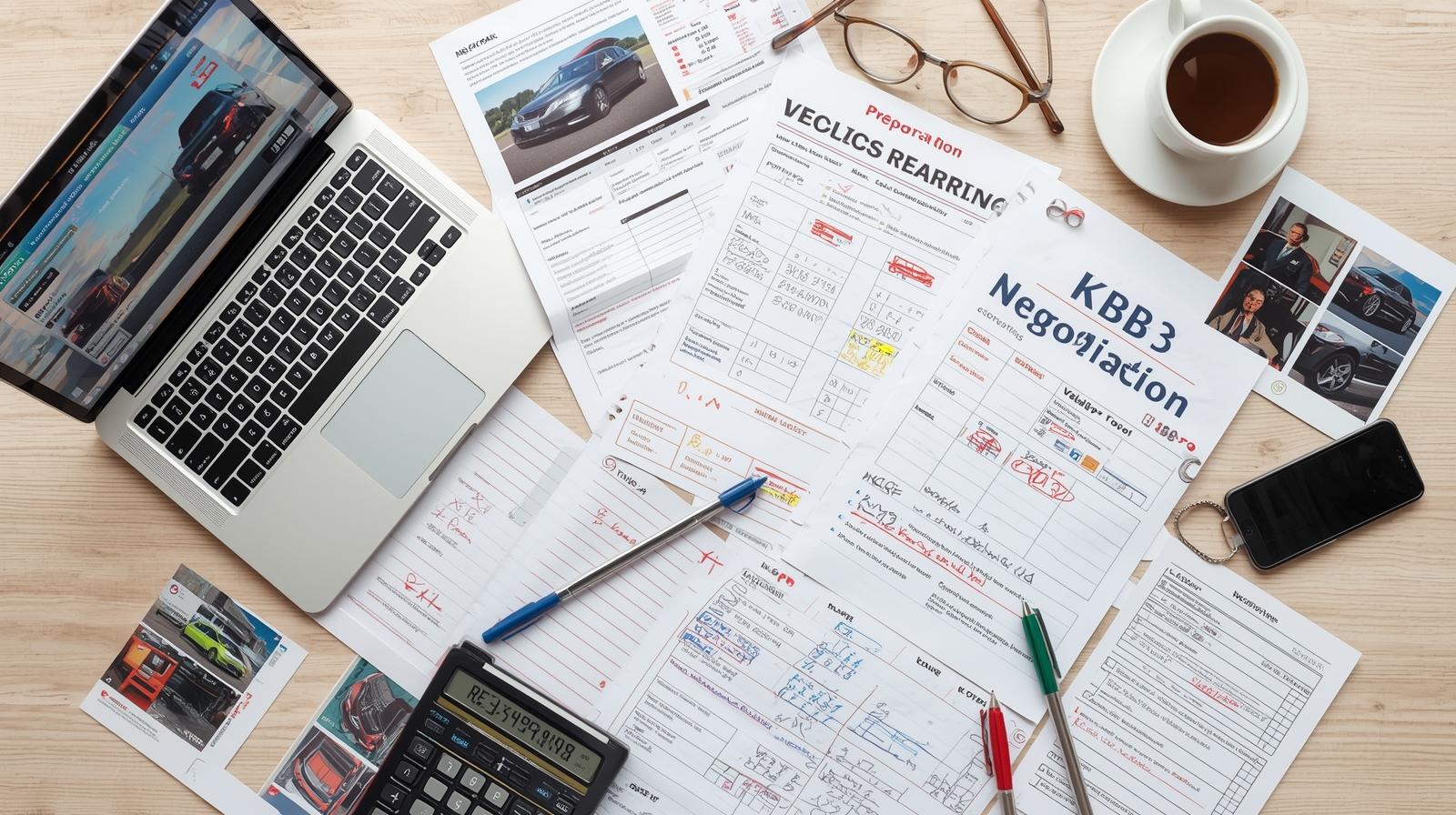Pre-Purchase Vehicle Inspection: Your Complete Checklist to Avoid Costly Mistakess

The $8,000 Mistake That Changed Everything
Mark thought he'd found the perfect 2020 Toyota Camry – low miles, clean history report, and an eager seller. Three weeks after purchase, the transmission failed.
The repair estimate? $8,200. What Mark didn't know was that a 15-minute inspection could have revealed the warning signs and saved him thousands in repairs and headaches.
🔍 NEXT STEP: Master the insurance strategies that protect your investment
Why Professional Inspections Miss Critical Issues
Most buyers assume a professional inspection guarantees a problem-free purchase. However, standard inspections often focus on immediate safety issues rather than expensive problems that develop weeks or months later.
The gap between inspection and reality costs used car buyers an average of $3,400 in unexpected repairs during the first year of ownership. Understanding what inspectors don't check – and how to spot these issues yourself – can prevent expensive surprises.
Critical areas often overlooked:
Transmission behavior under various conditions
Engine timing chain wear indicators
Electrical system stability tests
Climate control system efficiency
Advanced safety system functionality
The Complete Pre-Purchase Inspection System
Exterior Assessment That Reveals Hidden Damage
Paint and Body Inspection Strategy Walk around the vehicle in natural light, looking for:
Color variations indicating accident repairs
Rust spots, especially around wheel wells and door frames
Panel alignment inconsistencies
Paint texture differences suggesting body work
Advanced Damage Detection Use your phone's flashlight at various angles to reveal:
Minor dents and dings invisible in direct light
Previous collision damage patterns
Paint overspray on trim pieces
Filler material under paint surfaces
When you shop car insurance quotes later, undisclosed accident damage can affect rates significantly, making this inspection step crucial for long-term costs.
Interior Systems Evaluation
Electronic Systems Comprehensive Check Modern vehicles contain dozens of electronic systems that can fail expensively:
Dashboard and Controls:
Test every button, switch, and touch screen function
Verify all warning lights illuminate and extinguish properly
Check climate control at all temperature settings
Test radio, navigation, and connectivity features
Seat and Safety Systems:
Power seat operation and memory functions
Seatbelt functionality and wear patterns
Airbag warning lights (should extinguish after startup)
Window and sunroof operation smoothness
Engine and Mechanical Systems Deep Dive
Engine Performance Analysis
Cold Start Evaluation If possible, inspect the vehicle before the engine has been warmed up:
Engine should start within 2-3 seconds
No unusual noises during initial startup
Smooth idle after 30 seconds of operation
No visible exhaust smoke (blue, white, or black)
Operating Temperature Assessment After 10-15 minutes of operation:
Temperature gauge should reach normal operating range
No coolant leaks visible under the vehicle
Engine should run smoothly at idle and during acceleration
No unusual vibrations through the steering wheel or seats
Understanding these basics helps when you later shop for car insurance, as mechanical reliability affects comprehensive coverage decisions.
Transmission and Drivetrain Testing
Automatic Transmission Evaluation
Smooth shifting between gears during test drive
No slipping or hesitation during acceleration
Proper engagement when shifting from park to drive
No whining or grinding noises during operation
Manual Transmission Assessment
Clutch engagement point should be consistent
Smooth shifting without grinding or resistance
No clutch slipping during acceleration
Proper clutch pedal feel and travel
Advanced Diagnostic Techniques
Using Technology for Better Inspections
OBD-II Scanner Benefits A $25 code reader can reveal:
Stored error codes not triggering warning lights
Recent code clearing attempts (suspicious activity)
Readiness monitors status
Live data stream analysis capabilities
Smartphone Apps for Inspection Several apps can assist your inspection:
Paint meter apps for detecting body work
Sound analysis apps for identifying unusual noises
VIN decoder apps for specification verification
Recall checker apps for outstanding issues
Test Drive Strategy for Maximum Information
Systematic Driving Evaluation
City Driving Assessment:
Low-speed maneuvering and parking
Stop-and-go traffic simulation
Steering response and alignment check
Brake feel and stopping distance evaluation
Highway Performance Testing:
High-speed stability and tracking
Engine power delivery under load
Transmission behavior during sustained driving
Wind noise and overall refinement
Parking Lot Maneuvers:
Tight turning radius testing
Reverse camera and sensor functionality
Parking assist system operation
Overall visibility assessment
The best way to shop for insurance includes understanding your vehicle's safety and reliability profile, which this testing reveals.
Documentation and Verification Process
Service History Analysis
What to Look For:
Regular maintenance intervals followed
Major component replacements documented
Recall work completion verification
Independent shop vs. dealer service patterns
Red Flags in Service Records:
Gaps in maintenance history
Repeated repairs of the same components
Recent major repairs before sale
Missing or incomplete documentation
Final Verification Steps
Before completing your purchase:
Verify VIN matches all documentation
Confirm title is clear and properly signed
Check that all recalls have been addressed
Ensure all keys and accessories are included
Converting Inspection Results into Negotiation Power
Using Found Issues Strategically
Discovery of minor issues shouldn't automatically disqualify a vehicle. Instead, use findings to:
Negotiate price reductions based on repair costs
Request seller completion of specific repairs
Factor future maintenance costs into your budget
Make informed decisions about extended warranties
Cost Estimation Guidelines:
Minor cosmetic issues: $200-800 repair costs
Moderate mechanical issues: $800-2,500 repair costs
When significant issues are found, auto policy quotes may be affected, so factor insurance cost changes into your negotiation strategy.
Preparing for Your Next Step: Smart Negotiation
A thorough inspection gives you the confidence and information needed for effective negotiation. Understanding exactly what you're buying – including any issues that need attention – puts you in control of the buying process rather than at the mercy of sellers or dealers.
💰 MAXIMIZE YOUR SAVINGS: Learn negotiation strategies that save thousands
